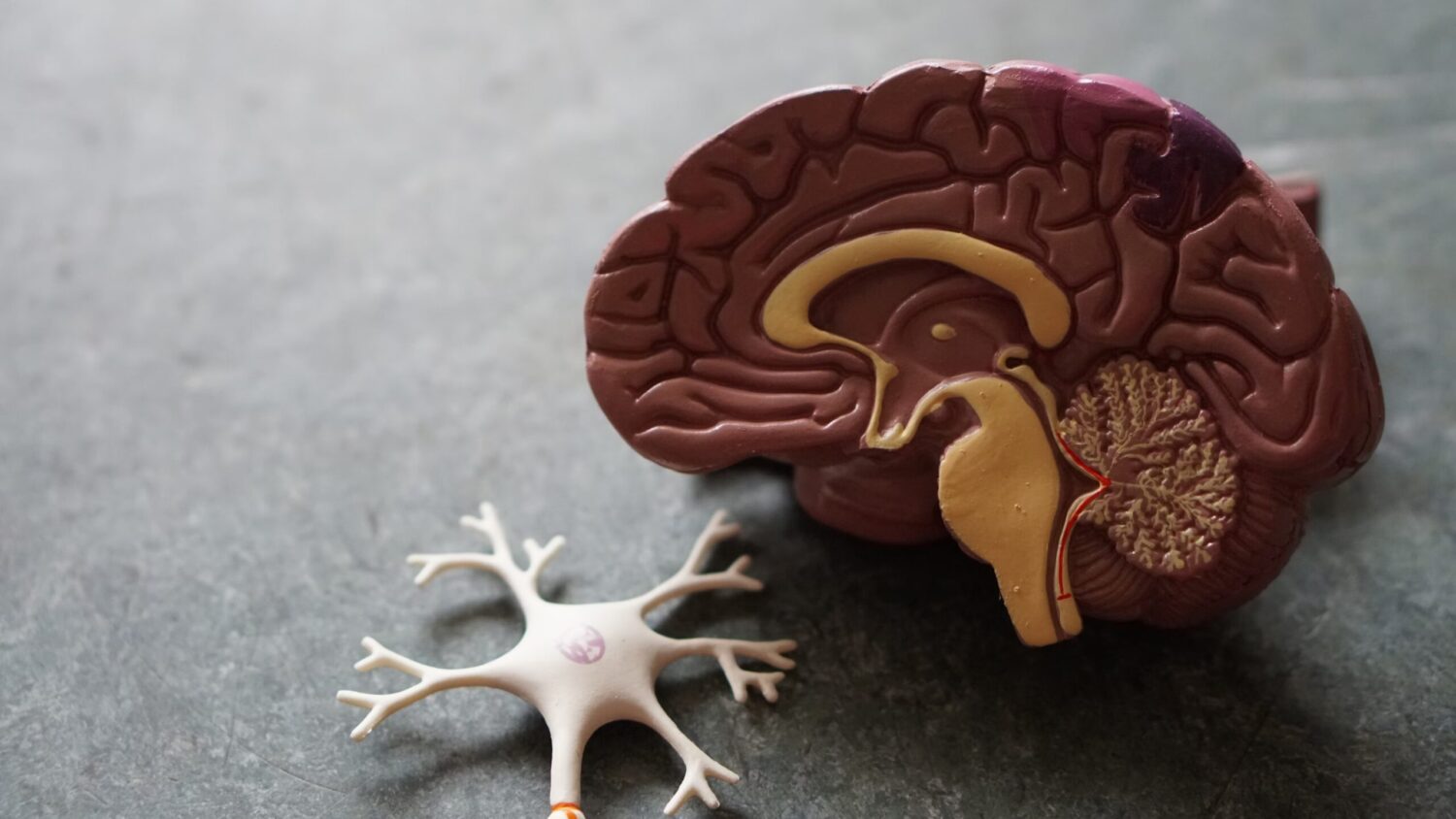Authors:
M.V. Zhuravlev 1.2 , A.B. Prokofiev 1.2 , S.Yu. Serebrova 1.2 , N.S. Vasyukova 3 , E.Yu. Demchenkova 1 , V.V. Arkhipov 1
1 FSBI “Scientific Center for Expertise of Medical Application” of the Ministry of Health of Russia, Moscow, Russia;
2 FGAOU VO "First Moscow State Medical University named after THEM. Sechenov »Ministry of Health of Russia (Sechenov University), Moscow, Russia;
3 FGBNU “Federal Scientific Center-All-Russian Research Institute of Experimental Veterinary Medicine named after K.I. Scriabin and Ya.R. Kovalenko of the Russian Academy of Sciences ", Moscow, Russia
Place of publication:
a journal of neurology and psychiatry named after S.S. Korsakova, 2020, T. 120, No. 6
Summary:
Chronic brain ischemia (Khim) - a common cerebrovascular syndrome, the development of which is associated with a high risk of increasing cognitive, behavioral, motor disorders, the formation of the patient's dependence on outsider. The timely start of treatment can slow down the course of the disease, make it more favorable. The review presents an analysis of the results of clinical studies devoted to the effectiveness of ethylmethylhydroxypyridine of succinate (Mexidol) in patients with chemicals. The effectiveness of the drug was noted when stopping cognitive, affective and motor disorders. Information about good tolerance of ethylmethylhydroxypyridine of succinate is given. Keywords: chronic brain ischemia, cognitive disorders, affective disorders, ethylmethylhydroxypyridine succinate, mexidol, treatment.









